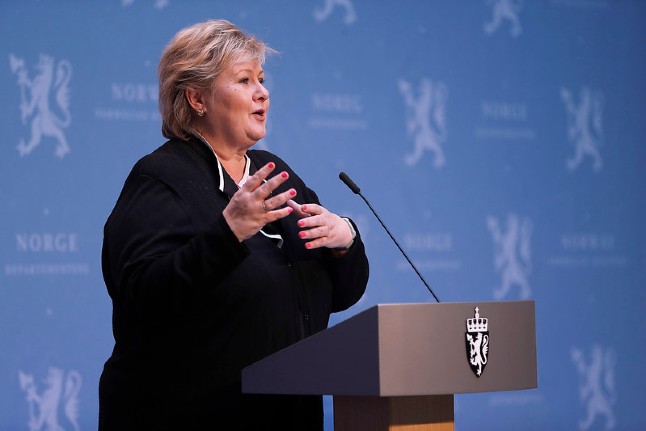- Oslo to lift ban on pubs serving alcohol within a fortnight
- Norway gives green light for children's free time activities
- Norway begins reopening pre-schools after month-long closure

Norway's prime minister, Erna Solberg, has warned that if Norwegians relax their efforts to slow the spread of coronavirus, the government could be forced to reverse the relaxations of recent weeks.


Member comments